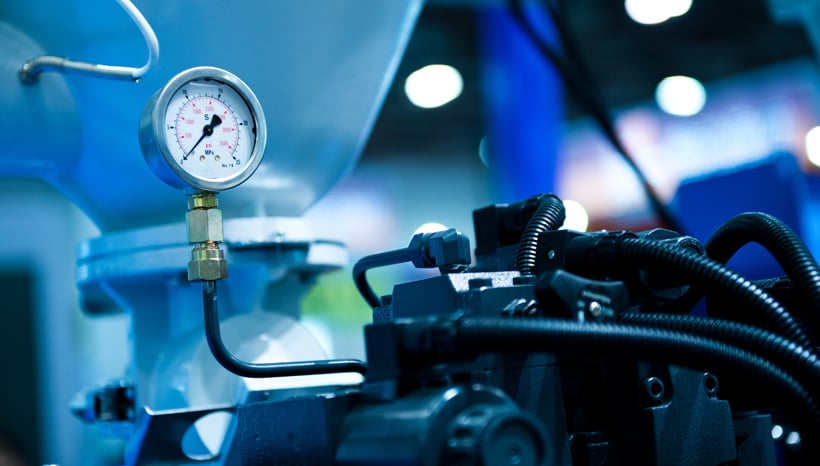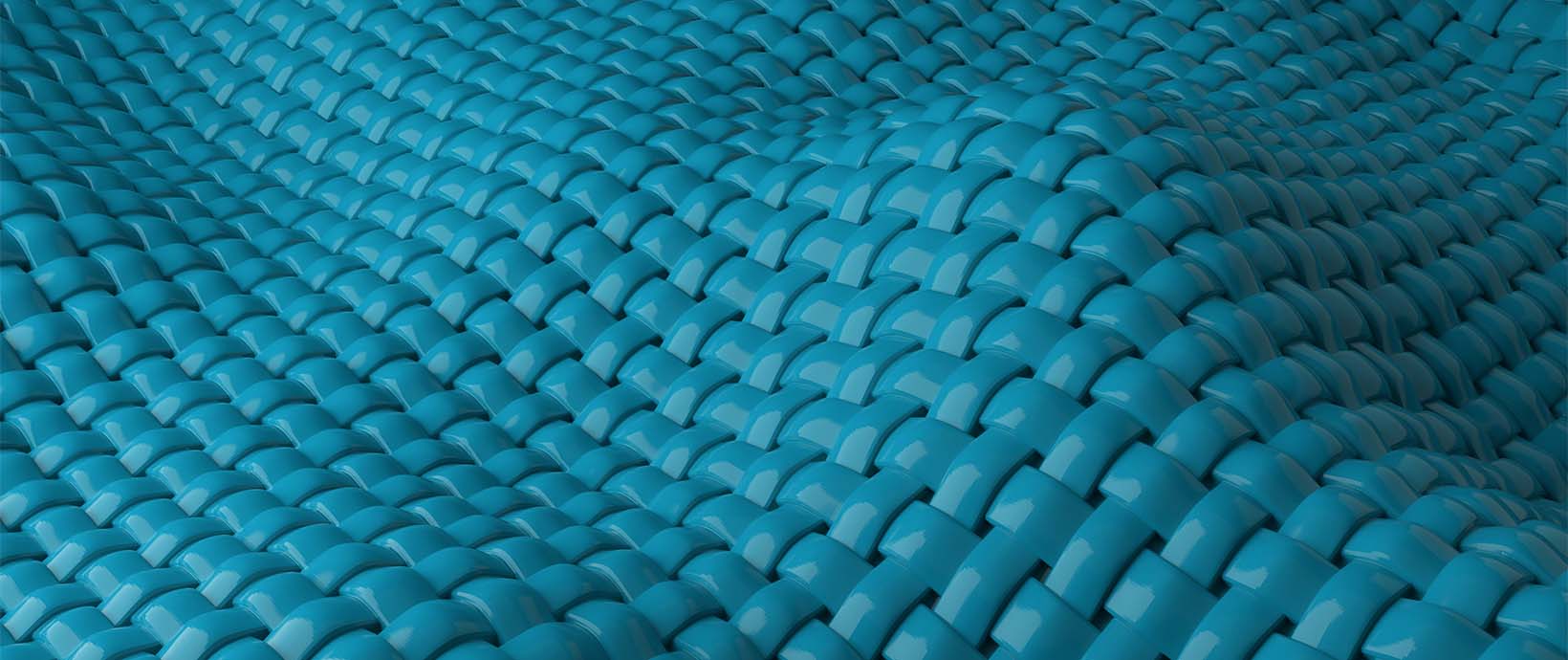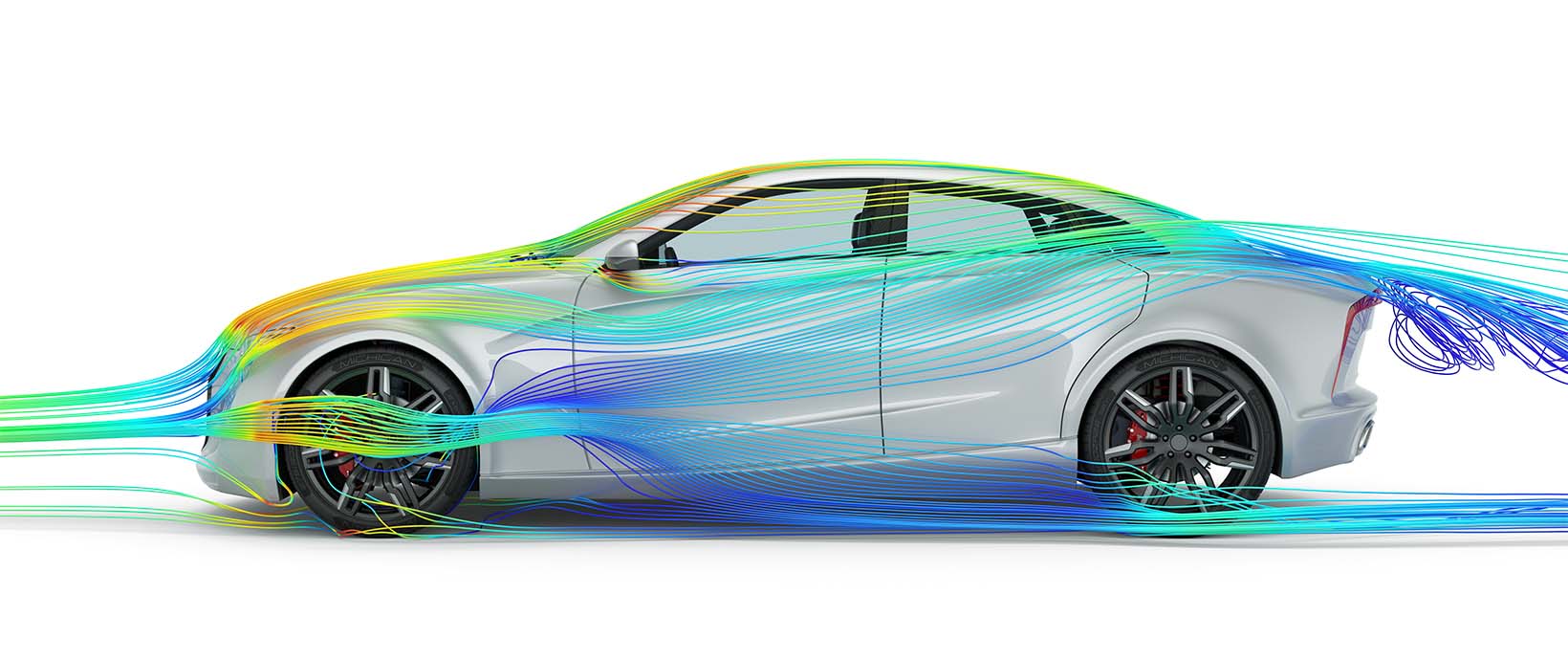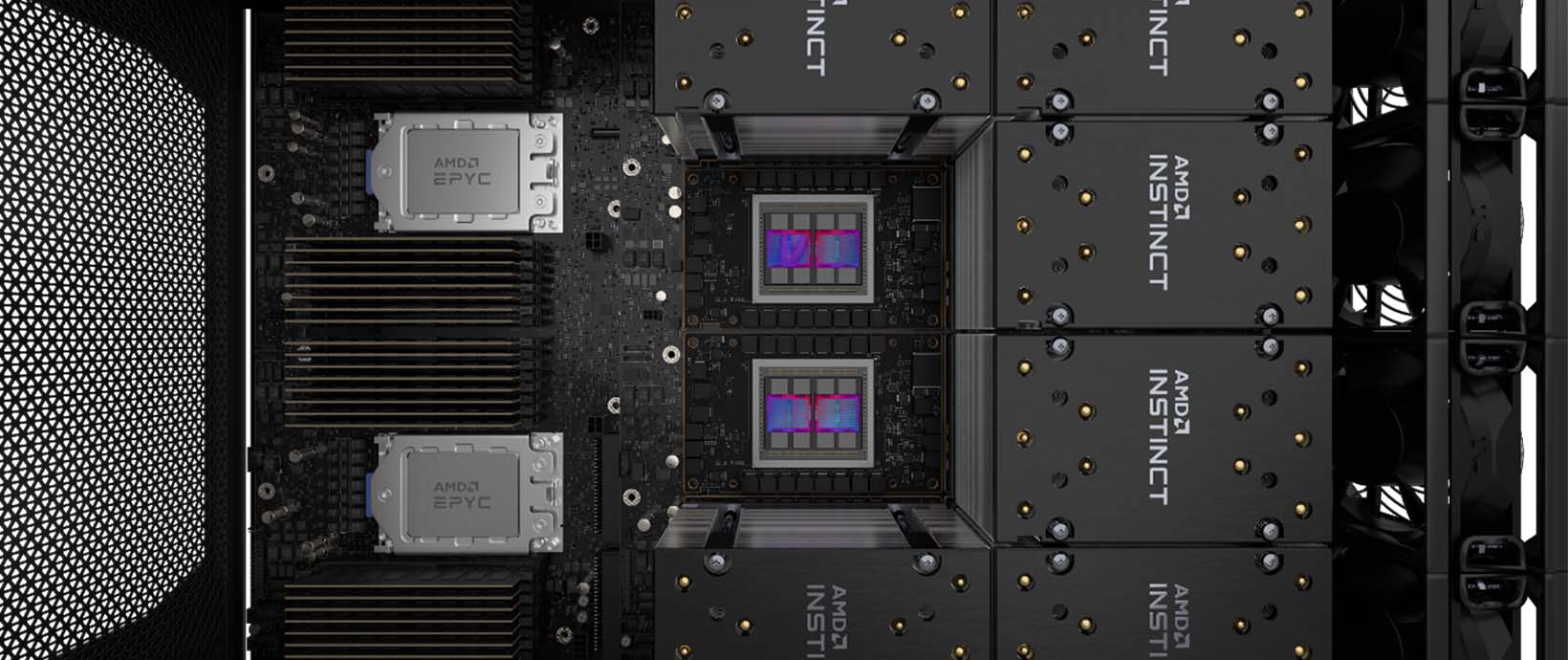Identification of the Causes of Noise and Vibration in Piping Systems
This guest contribution on Innovation Intelligence is written by Katja Juschka, Marketing and Sales Manager at FLUIDON, developers of DSHplus. FLUIDON is a member of the Altair Partner Alliance.
Most motorists are all too familiar with this undesirable phenomena: while parking the vehicle engine stalls or it suddenly makes "strange" noises. The culprit often responsible for these disorders are the installed piping systems, or more precisely, the non-optimized interaction between pump and pipe. To prevent this phenomena, not only in automotive but for the entire range of hydraulic systems, it is necessary to analyze the characteristics of both components.
A closer look reveals that pressure and flow ripple in fluid power systems frequently causes problems and complaints. The pulsations are of particular concern if the ripple frequencies match the natural frequencies of the pipe network. The ripple causes fluid-borne noise that propagates through the pipe network and excites the surrounding parts to vibrate. This induces undesirable noise emissions, unfavorable dynamic structural loads and naturally, a general reduction of the reliability of the hydraulic system.
A perfect tool for simulation and analyses of hydraulic pressure ripple problems is DSHplus from FLUIDON. With DSHplus, a specially developed tool for the simulation of hydraulic and pneumatic systems, the engineer gets a user-friendly software which includes all features to optimize the whole piping system. The vast selection of different pipe and hose elements provided by the DSHplus component library allows for all components connected to the pipe network to be taken into account. That guarantees reasonable results for the engineer when performing a pressure ripple analysis.

Another advantage of using numerical simulation is that the engineer can conduct virtual experiments without worrying about the limitations of the real world system. The developer is able to specifically analyze critical operating conditions and examine the system responses, characterized by pressure and volume flow, at any given point within the system.
For system optimization, in addition to the pipe model, a pump model is required which reproduces the characteristic pressure and speed dependent flow ripple as well as the pump impedance. Smart solution - DSHplus offers a hybrid pump model which is based on the real pumps flow characteristics that were measured by FLUIDON using special techniques such as the secondary source method or impedance matching. In addition, the developer is supported by FLUIDON with all test benches and equipment required to obtain the characteristic flow ripple and impedance of the pump.
The methodology developed by FLUIDON regarding a holistic design for pump-line systems reduces the system price, as hydraulic lines can be constructed simpler and at best complementary measures for noise reduction dispensed.
Want to learn more? Join us for a webinar on November 8 featuring FLUIDON!
Most motorists are all too familiar with this undesirable phenomena: while parking the vehicle engine stalls or it suddenly makes "strange" noises. The culprit often responsible for these disorders are the installed piping systems, or more precisely, the non-optimized interaction between pump and pipe. To prevent this phenomena, not only in automotive but for the entire range of hydraulic systems, it is necessary to analyze the characteristics of both components.
A closer look reveals that pressure and flow ripple in fluid power systems frequently causes problems and complaints. The pulsations are of particular concern if the ripple frequencies match the natural frequencies of the pipe network. The ripple causes fluid-borne noise that propagates through the pipe network and excites the surrounding parts to vibrate. This induces undesirable noise emissions, unfavorable dynamic structural loads and naturally, a general reduction of the reliability of the hydraulic system.
A perfect tool for simulation and analyses of hydraulic pressure ripple problems is DSHplus from FLUIDON. With DSHplus, a specially developed tool for the simulation of hydraulic and pneumatic systems, the engineer gets a user-friendly software which includes all features to optimize the whole piping system. The vast selection of different pipe and hose elements provided by the DSHplus component library allows for all components connected to the pipe network to be taken into account. That guarantees reasonable results for the engineer when performing a pressure ripple analysis.

Another advantage of using numerical simulation is that the engineer can conduct virtual experiments without worrying about the limitations of the real world system. The developer is able to specifically analyze critical operating conditions and examine the system responses, characterized by pressure and volume flow, at any given point within the system.
For system optimization, in addition to the pipe model, a pump model is required which reproduces the characteristic pressure and speed dependent flow ripple as well as the pump impedance. Smart solution - DSHplus offers a hybrid pump model which is based on the real pumps flow characteristics that were measured by FLUIDON using special techniques such as the secondary source method or impedance matching. In addition, the developer is supported by FLUIDON with all test benches and equipment required to obtain the characteristic flow ripple and impedance of the pump.
The methodology developed by FLUIDON regarding a holistic design for pump-line systems reduces the system price, as hydraulic lines can be constructed simpler and at best complementary measures for noise reduction dispensed.
Want to learn more? Join us for a webinar on November 8 featuring FLUIDON!




